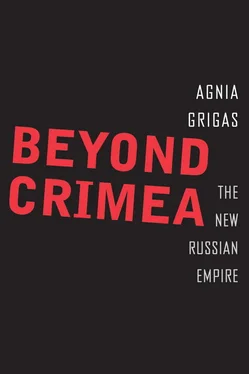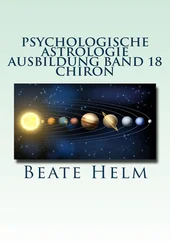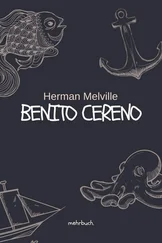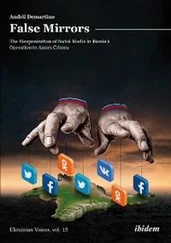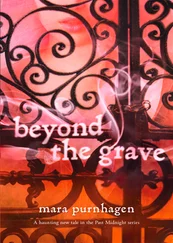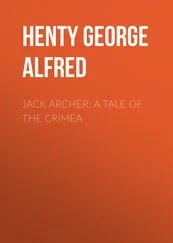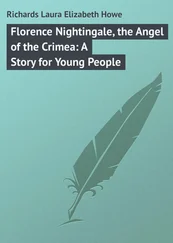The Russian media are among the main actors disseminating Kremlin propaganda. From about 2004 onward, or essentially since Putin came to power, the Russian media rapidly became a tool controlled by the state. A 2014 book by the Russian-born British writer and television producer Peter Pomerantsev describes Putin’s authoritarian-style methods to establish the Kremlin’s complete control over the media and thereby to create an alternative reality. 102The three major Russian channels are owned either directly by the Kremlin or by state-owned companies, and Russia’s only independent television channel, TV Rain (Telekanal Dozhd), is facing enormous pressure from the Federal Supervision Agency for Information Technologies and Communications (Roskomnadzor). 103Freedom House’s Freedom of the Press 2014 survey direly summarizes the situation as follows:
The media environment in Russia… is characterized by the use of a pliant judiciary to prosecute independent journalists, impunity for the physical harassment and murder of journalists, and continued state control or influence over almost all traditional media outlets. In 2013, the Russian government enacted additional legal restrictions on freedom of speech…. While bloggers and journalists, as well as radio and television broadcasters, are successfully utilizing the internet to reach audiences interested in alternative and more balanced sources of information, the government has begun to use a combination of the law, the courts, and regulatory pressure to extend its crackdown to online media.” 104
Experts on the Russian media propaganda apparatus even argue that it has become “the central mechanism of a new type of authoritarianism far subtler than 20th-century strains.” 105The Russian political activist and chess grandmaster Garry Kasparov commented on the role of the opposition in the face of state propaganda in 2014: “Unfortunately, we have to reiterate that white is white and black is black. Because today the country is living in complete lies, which are broadcast 24/7 by the state propaganda machine.” 106
Russian propaganda has also been evolving to combine popular culture with information warfare. For example in late 2014, a well-known Russian actor was shown with a machine gun shooting or pretending to shoot at Ukrainian forces during a cease-fire, while wearing a press helmet. This incident was unanimously condemned by the Ukrainian authorities, who described the actor as an “accomplice in terrorist activities” following the incident. 107He was also criticized at home by Russia’s Union of Journalists and the head of the union’s Moscow branch. 108The participation of a popular Russian figure in the Ukrainian war was likely intended to boost morale and support for the war in Russia.
In addition to the state-dominated news media, the Russian government has established organizations to provide a Kremlin-approved view of history. In 2009 the paradoxically named President’s Commission to Prevent Falsification of History was established. The organization aims at promulgating history as set out by the Soviet regime if not outright historical revisionism. As with Russkiy Mir, top-level officials from the President’s administration, the FSB, the Federal Intelligence Service (SVR), and the Ministry of Foreign Affairs support this organization. The commission has sought both to “explain” history and to “prevent attempts to rewrite history [that] are becoming more and more harsh, depraved and aggressive.” 109Contentious historical topics include Stalinist repressions, Soviet occupation of the Baltic States, and the Molotov-Ribbentrop Pact. In late 2014, Putin himself attempted on several occasions to rehabilitate the previously condemned pact, which sought to carve up Eastern Europe. During a meeting with young historians in Moscow, Putin stated, “The Soviet Union signed a non-aggression treaty with Germany. People say: ‘Ach, that’s bad.’ But what’s bad about that if the Soviet Union didn’t want to fight, what’s bad about it?” 110Also, in 2008 the Historical Memory Foundation was established in Moscow with the official goal of countering the efforts of European states to “rewrite the history” of the twentieth century, when in reality these states seek greater acknowledgment of Soviet-era atrocities both at home and abroad. The foundation is guided by the controversial figure Alexander Dyukov, who has made a name for himself by seeking to deny or diminish Soviet repressions. He is banned from a number of European Schengen zone countries. 111
Just as Russia’s human rights agenda is focused on the idea of fascism, so too does the issue of fascism color Russia’s information warfare and its views of history. Certainly, the struggle against Nazi forces during the Second World War left an indelible imprint on the Soviet and Russian psyche. In the war against the fascists, some 20 to 30 million Soviet citizens of various nationalities died—more deaths than any single country suffered. Since the 2000s, however, the Russian government has increasingly turned the idea of fascism into a political tool and Russian historians are increasingly promoting this Kremlin line. 112Indeed, fascism has served the Kremlin as a useful label to pin on its opponents—whether the Baltic States, the West in general, or since 2014 the Ukrainian government. This process of manufacturing enemies out of foreign states and peoples via the media has been demonstrated in the case of Latvia by American-Latvian political scientist and Council of Europe Commissioner for Human Rights Nils Muižnieks, but a similar process can be seen vis-à-vis other states as well. 113These efforts to manufacture “self” versus “other” also serve to unify Russian society with ideological conceptions which are centered on three pillars of Russian national identity: Christian Orthodoxy, victory against fascism in the Second World War, and anti-Americanism. 114
Two possible motives drive Russia’s efforts in the historical sphere. First, Putin’s regime has been consciously rehabilitating Soviet-era leaders as symbols as well as returning to a Soviet interpretation of history. 115Second, Moscow’s historical revisionism seeks to counter the efforts of Central and Eastern Europe to study Soviet persecutions and deportations against both the Russian people and other nations. In the EU, there has been a movement to recognize Soviet historical crimes equally with those of the Nazis. In April 2009, with the support of Baltic and Polish members, the European Parliament passed a resolution on the European conscience and totalitarianism that came just short of equating Soviet and Nazi crimes. 116Likewise, the EU has created Black Ribbon Day or the European Day of Remembrance for Victims of Stalinism and Nazism, and an educational project, the Platform of European Memory and Conscience. However, the regime of Vladimir Putin relies on disinformation and historical reinterpretations not to reassess the past but instead to push forward its foreign policy agenda in the present—particularly when it comes to “protecting” its so-called compatriots and claiming people and territories that are perceived as historically Russian.
The previous five stages of the reimperialization trajectory would traditionally represent softer forms of a state’s influence. In the case of Russia, however, these soft instruments have been highly securitized, reflecting “soft coercion” rather than traditional soft power. The sixth stage, that of “protecting” Russian compatriots, marks a concrete departure from softer methods toward hard power. This is the stage where military campaigns could commence, though hybrid warfare is possibly more likely to play a role than conventional warfare.
The implicit notion of protecting Russian compatriots is present at nearly all of the five previous stages of the trajectory. Humanitarian policies deal specifically with seeking to ensure and protect the rights of the Russian compatriots. As will be demonstrated in the next chapter, Russia’s laws, policies, and strategies on compatriot issues enshrine, institutionalize, and legalize this protection even when such a practice is unusual in international law. An offer of a passport is in its very essence an offer of state protection—both inside and outside Russia’s borders. Finally, information warfare often focuses on the alleged violations of Russian human rights, threats of fascism, and even preposterous accusations of genocide of the Russian diaspora, as voiced by the main federal investigative authority, the Russian Investigative Committee, during the Russian-Ukrainian conflict in late 2014. 117Thus, Moscow-led protection of compatriots becomes the natural extension of earlier Russian policies.
Читать дальше
